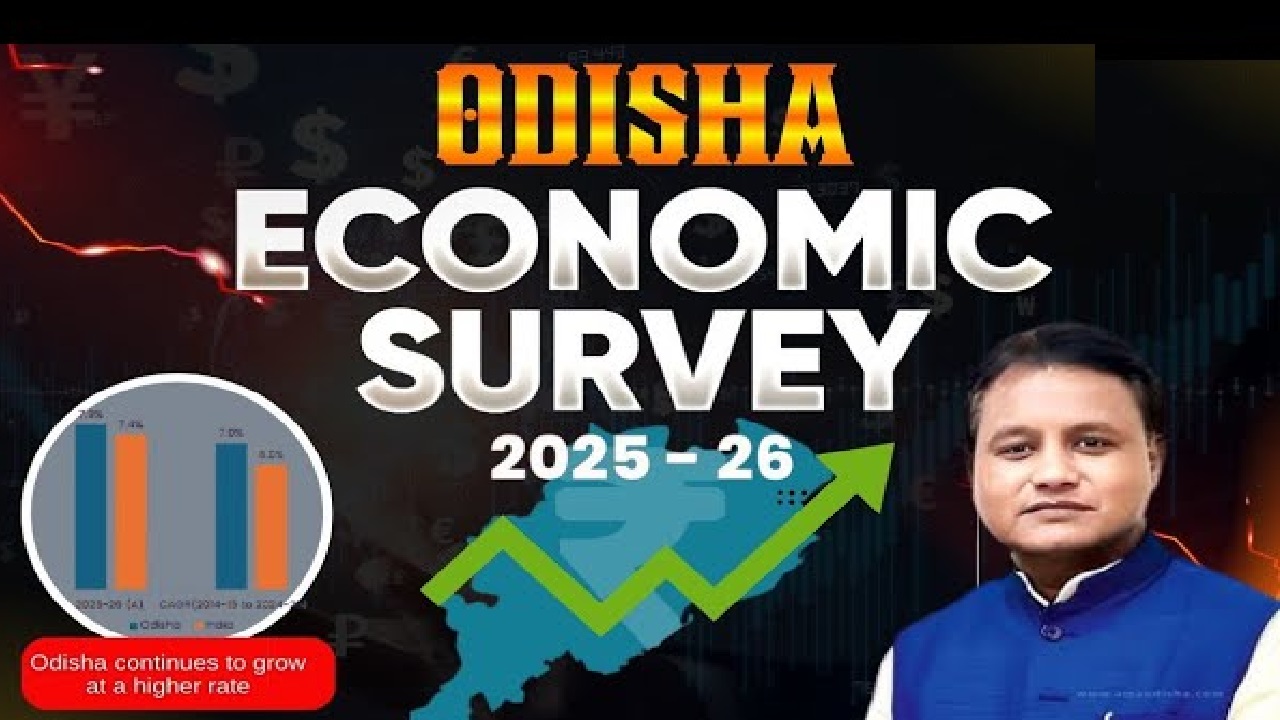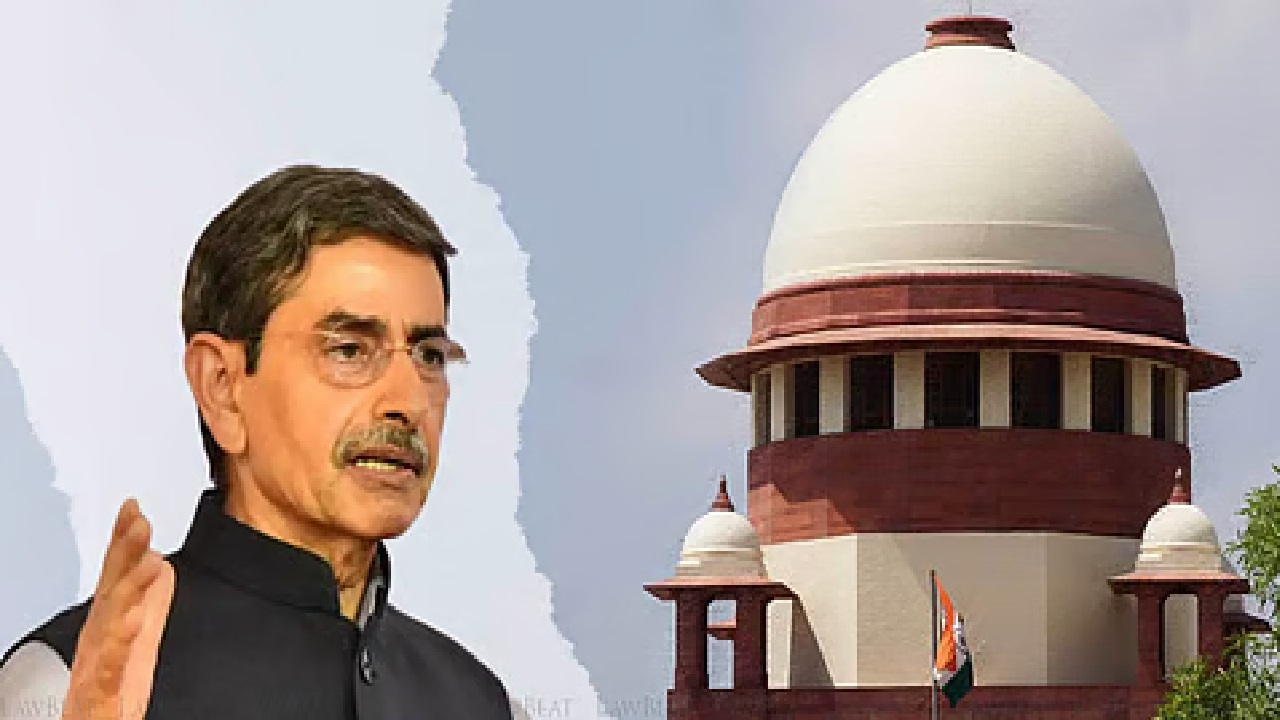Dispelling any uncertainty surrounding the continuation of the BSKY, Odisha’s Health Secretary affirmed that the health scheme remains in effect.
· Reports emerged indicating that certain private hospitals in Odisha were allegedly denying cashless treatment to BSKY beneficiaries, purportedly citing changes in government policies.
· Amidst the tumult, patients and their relatives shared poignant narratives of frustration and disillusionment.
· They recounted instances where private hospitals had allegedly refused treatment, citing the purported closure of the BSKY scheme.
· Odisha BJP President condemned the reported incidents as unfortunate, stressing the government’s responsibility to ensure uninterrupted healthcare services, he called upon the administration to vigilantly monitor and counter.
In the wake of recent concerns and confusion surrounding the status of cashless treatment facilities under the Biju Swasthya Kalyan Yojana (BSKY) in Odisha, the Health and Family Welfare Department of the state has swiftly moved to address the apprehensions and reassure beneficiaries of uninterrupted healthcare services. Here’s a detailed examination of the events and the subsequent response:
Reports emerged indicating that certain private hospitals in Odisha were allegedly denying cashless treatment to BSKY beneficiaries, purportedly citing changes in government policies. This triggered widespread panic among patients and their families, with fears mounting over the potential discontinuation of the scheme and concerns regarding the settlement of dues to hospitals.
In a bid to quell the escalating concerns, the Health and Family Welfare Department of Odisha promptly issued a clarification. The department affirmed that BSKY beneficiaries would continue to avail themselves of cashless healthcare services without interruption. It emphasized that hospitals had been sensitized to ensure the uninterrupted provision of treatment for beneficiaries, with all claims raised by hospitals assured of payment by the State Health Assurance Society (SHAS) as before.
Amidst the tumult, patients and their relatives shared poignant narratives of frustration and disillusionment. They recounted instances where private hospitals had allegedly refused treatment, citing the purported closure of the BSKY scheme. Some hospitals reportedly directed patients to seek treatment at their own expense, exacerbating concerns over equitable access to affordable healthcare.
Adding to the complexity of the situation, owners of private healthcare facilities expressed their apprehensions over delayed reimbursements for treatments rendered under the BSKY scheme. Reports surfaced of hospitals in urban centers such as Cuttack and Bhubaneswar purportedly ceasing acceptance of BSKY cards in light of the government transition, underscoring the broader implications of policy changes on healthcare delivery.
Odisha BJP President Manmohan Samal condemned the reported incidents as unfortunate, urging against the propagation of misinformation regarding BSKY. Stressing the government’s responsibility to ensure uninterrupted healthcare services, Samal called upon the administration to vigilantly monitor and counter false rumors to prevent unwarranted panic among beneficiaries.
The swift intervention by the Health and Family Welfare Department, coupled with clarifications from Odisha BJP leadership, provides much-needed reassurance to BSKY beneficiaries. In navigating the aftermath of the 2024 General Elections, ensuring the continuity of vital healthcare services remains paramount. Clarity and transparency from authorities serve as indispensable pillars in upholding public trust and safeguarding the health and well-being of citizens.
As Odisha charts its course through the turbulent waters of policy transitions, the commitment to preserving the integrity of healthcare initiatives like BSKY stands as a testament to the state’s dedication to public welfare. By addressing concerns head-on and ensuring transparency in communication, the administration can foster an environment of trust and resilience, ultimately bolstering the state’s healthcare infrastructure for the benefit of all its citizens.
(With inputs from agencies)








